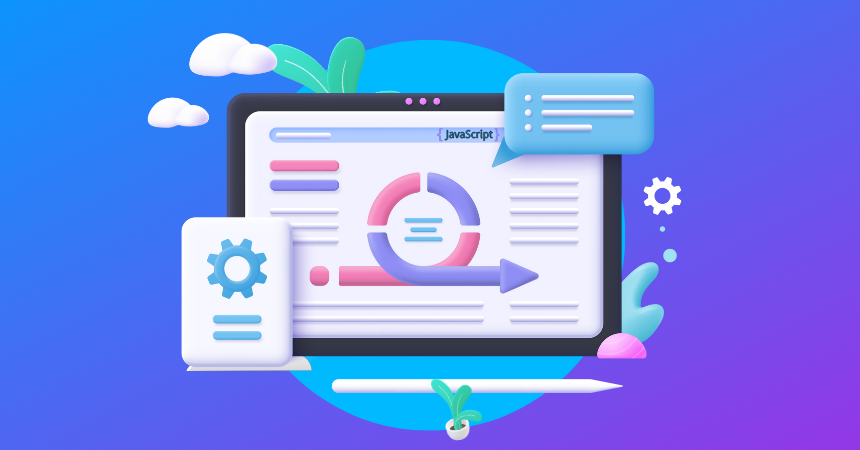It is difficult to ensure the growth of a business without technology. Small and midsize businesses (SMBs) operate with resources, manpower, and budgets. Yet implementing the right technology can maximize efficiency to boost SMB growth and competitiveness. The following seven digital features represent cost-effective tools for elevated performance.
Cloud Computing Platforms
Cloud platforms allow SMBs to access computing services, storage, and software on demand via the internet rather than owning and maintaining expensive server equipment and IT infrastructure. The flexibility and scalability free up resources for other priorities. Cloud providers like AWS, Google Cloud, and Microsoft Azure offer small business programs with discounted bundles to drive adoption. Many companies are turning to cloud-based employee monitoring software to enhance productivity and ensure accountability in remote work environments.
Project Management Software
Online project management platforms centralize tasks, workflows, and team collaboration to streamline operations. Leaders can view real-time progress dashboards to keep everyone accountable. Features like file sharing, meetings, and calendars coordinate activity across departments without endless emails. Popular PM software includes Asana, Trello, Basecamp, and monday.com
Customer Relationship Management (CRM) Systems
CRM systems capture interactions and data to build client relationships and boost sales productivity. Salesforce dominates the CRM landscape, but Zoho and Freshworks CRM offer more budget-friendly options tailored to SMB platforms. Key features vary but may include contact management, pipeline tracking, email integration, analytics, and sales reporting to inform outreach.
Business Intelligence (BI) Tools
BI tools help SMBs derive insights from internal data to direct strategic decision making. For example, BI can identify client trends, seasonal revenue fluctuations, sales team performance gaps, operational inefficiencies, and demographic engagement metrics. Top BI platforms supporting SMBs include Tableau, Domo, Zoho Analytics, and Microsoft Power BI depending on analytical needs. Many companies utilize employee monitoring tools to track productivity and ensure adherence to company policies.
HR Management Resources
Streamlining essential HR functions allows SMBs to optimize their most important assets – people. Solutions like Zenefits, Gusto, BambooHR, and Paychex Flex simplify and automate payroll, onboarding, benefits admin, compliance, and employee recordkeeping. Some even assist with performance management and HR analytics.
Digital Marketing Capabilities
Digital marketing levels the playing field for SMBs to punch above their weight, expanding reach beyond geographical constraints. Core tools include content building/distribution, SEO, social media management, email marketing, basic analytics, and pay-per-click advertising. Top choices based on capability and budget constraints include Mailchimp, Hootsuite, SEMrush, Screaming Frog, and Google Ads.
eCommerce Platforms
An online sales presence is vital for growth – over 50% of business now comes from eCommerce. User-friendly templated platforms like Shopify, Wix Stores, BigCommerce, and Squarespace make selling online and across channels much more accessible to SMBs. These tools also integrate with CRM, marketing, and accounting software for operational efficiency.
Conclusion
SMBs typically resist overinvesting in technology, but the right digital tools empower small outfits to work smarter, faster, and better. Tight budgets demand strategic buying decisions based on instant and future needs. However, the platforms above represent affordable options to drive productivity, insights, and expanded client connections vital for optimizing operations today and achieving growth goals tomorrow. Rather than playing catchup down the line, proactive adoption of key technologies can help SMBs gain competitive advantage.





